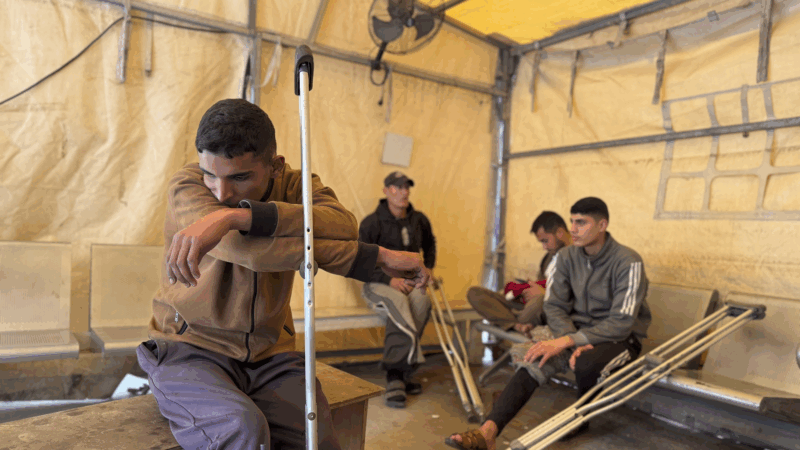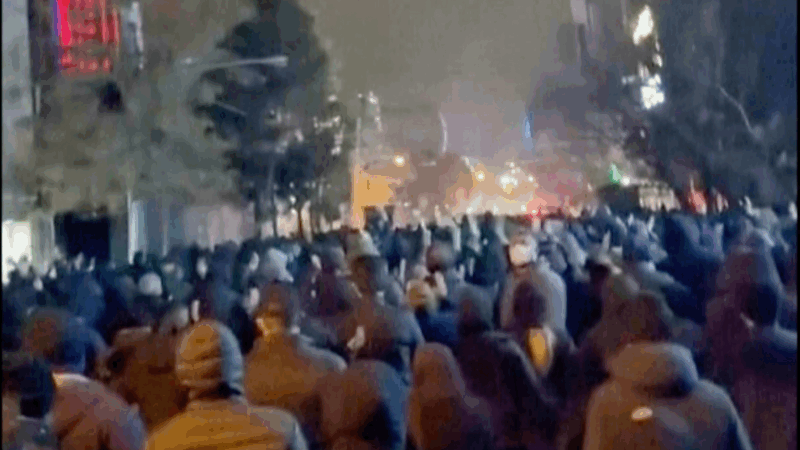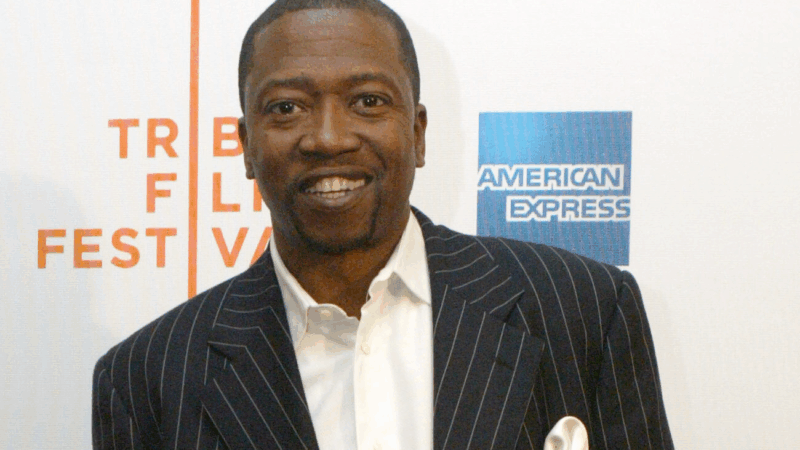Conservation: The Behavior Gap
What are you doing to help the environment? Have you ditched the plastic water bottles and carry a reusable one instead. Maybe you bike to work a couple days a week. According to a recent study, there’s sometimes a big gap between what we say we should do and what we actually do. WBHM’s Tanya Ott knows all about it.
I’ve got a morning routine in my house. The first thing I do is I brush my teeth. I always turn off the water while brushing my teeth. I take a quick shower, get dressed and head downstairs. I might take out the recycling, unless the outside bin is full and we’re still a couple days away from pickup. In which case, I sometimes throw recyclables away. I grab my diet coke (in the plastic bottle) and get into my car (by myself) to drive to work. I feel guilty about a lot of this stuff. And it turns out I’m not alone!
Michelle Kim agrees it’s important to save water and electricity and to recycle. She says it’s easy in Korea, where she’s from, because almost everything is recyclable. But it’s not so easy here in the states.
“In America you just need a little more effort, you know, to do it because you have to find your own place to recycle and I don’t think our apartment does it as much.”
GOOD INTENTIONS, BUT…
Anthony Leiserowitz is the director of Yale University’s Project on Climate Change. Along with colleagues from George Mason University, he surveys people on what they say is important to protect the environment and what they actually do. 72% of respondents say using public transportation or carpooling is important, but only 12% actually do it.
“Many people say, look, I would love to do this, but my community hasn’t provided me with public transportation options that affordable or clean or safe of even easily used. In other words the routes don’t go near where I live.”
Leiserowitz says that’s a societal constraint. Communities have invested much more money in roads and building up a car-based culture.
PERSONAL CHOICE
Teddy Pendergrass told us to turn out the lights. And so did our mamas. Still, 9% of survey respondents who say they should turn off the lights, don’t! Anthony Leiserowitz says they’re lazy, but technology like motion detector lights can help.
“The light comes on when somebody comes into a room and if there’s no motion in a room for ten minutes, the light automatically goes out. Problem solved!”
It’s not surprising that we tend to do the things that are easier. Any behavior change takes time. At first it’s hard to remember, but once you make it a habit it becomes second nature.
Anthony Leiserowitz says don’t overlook the bigger changes that will save you more energy and money. He says swapping traditional light bulbs for compact fluorescents is a great conservation move. So is upgrading the insulation in your attic. It’s not sexy… but it is smart.
Venezuela’s exiles in Chile caught between hope and uncertainty
Initial joy among Venezuela's diaspora in Chile has given way to caution, as questions grow over what Maduro's capture means for the country — and for those who fled it.
Inside a Gaza medical clinic at risk of shutting down after an Israeli ban
A recent Israeli decision to bar Doctors Without Borders and other aid groups means international staff and aid can no longer enter Gaza or the West Bank. Local staff must rely on dwindling supplies and no international expertise.
Iran warns US troops and Israel will be targets if America strikes over protests as death toll rises
Iran's parliament speaker warned the U.S. military and Israel would be "legitimate targets" if America strikes the Islamic Republic, as threatened by President Donald Trump.
Nationwide anti-ICE protests call for accountability after Renee Good’s death
Activist organizations are planning at least 1,000 protests and vigils this weekend. Officials in major cities cast Saturday's demonstrations as largely peaceful.
Veteran actor T.K. Carter, known for ‘The Thing’ and ‘Punky Brewster,’ dies at 69
T.K. Carter gained fame as Nauls the cook in John Carpenter's 1982 horror classic, "The Thing."
Who is Reza Pahlavi, the exiled Crown Prince encouraging demonstrations across Iran?
In exile for nearly 50 years, Iran's Crown Prince Reza Pahlavi has issued calls urging Iranians to join protests sweeping the country. But support for him may not be clear cut.







